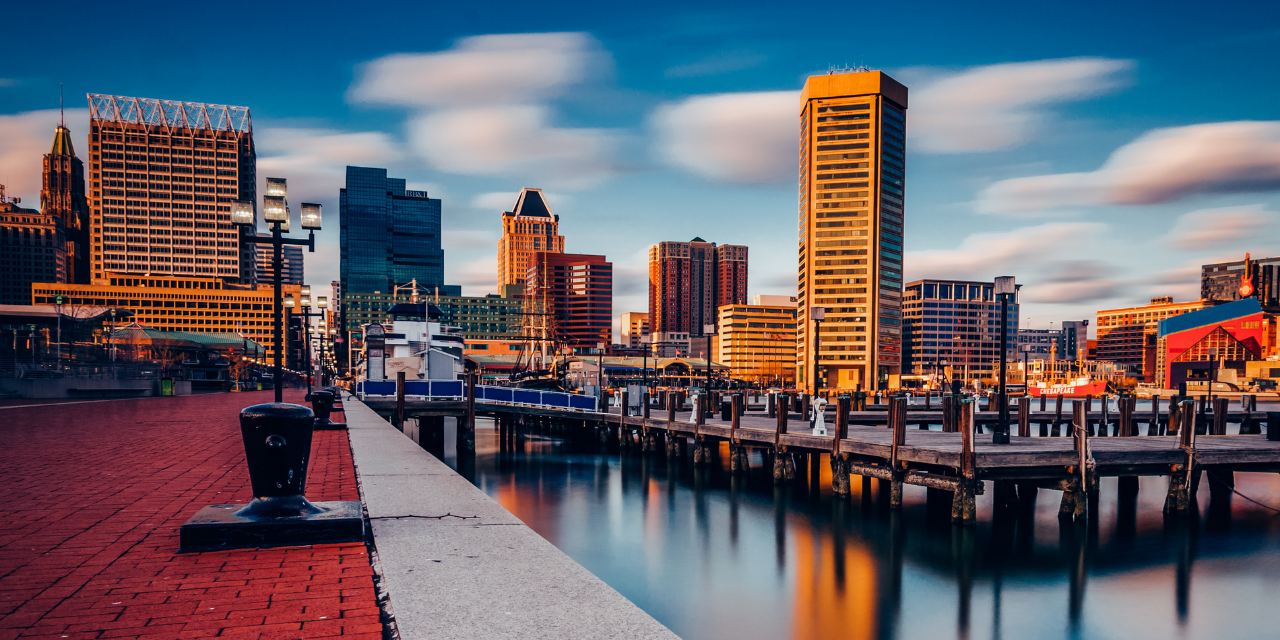A request from a Catholic group to rent an outdoor event space owned by the city of Baltimore, Maryland, for a rally in November was denied by the city because its speakers are known for being provocative and might provoke a hostile reaction from the public. A federal judge recently ruled that the city’s action violated the Catholic group’s First Amendment rights of free speech and assembly, and ordered the city to negotiate a contract in good faith for the rally.
St. Michael’s Media, Inc., aka Church Militant, has been critical of positions taken by the Catholic Church leadership from time to time, and wants to hold the Baltimore rally on November 16 at a city-owned site known as “Pier VI,” at the same time the U.S. Conference of Catholic Bishops will be meeting at a nearby hotel.
In August, St. Michael’s filled out an application for a permit and paid a deposit to the private group that manages the Pier VI site for the city. However, St. Michael’s was then notified that the city would not grant the application, citing safety concerns linked to some of the people who were identified as speakers at the event. The lawsuit followed shortly thereafter, and on October 12 U.S. District Judge Ellen Lipton Hollander issued a preliminary injunction ordering the city not to prohibit or impede its private events manager from entering into a contract with St. Michael’s for the rally.
In her accompanying memorandum opinion, the judge reasoned that St. Michael’s was “likely to prevail” in its legal claims that the city was violating the group’s First Amendment rights and engaging in “viewpoint discrimination.”
“St. Michael’s makes the serious charge that, in rejecting plaintiff’s effort to rent the Pavilion for the rally, the City Defendants engaged in viewpoint discrimination,” the judge wrote. “Even under the more lenient standard applied to nonpublic and limited fora, viewpoint discrimination is constitutionally impermissible. [citation omitted]. I conclude that plaintiff is likely to succeed on the merits of its claim that the City was not viewpoint-neutral in barring the rally.”
The judge was also critical of the city for basing its denial on hypothetical hecklers who might show up at the rally.
“Without question, the City reacted to a perceived safety concern arising from past use of inflammatory remarks by some of the rally speakers,” she wrote. “In thwarting the rally, the City essentially invoked or relied on the heckler’s veto. And, in doing so, it exercised complete, unfettered discretion; it acted on an ad hoc basis, without any standards. Further, it has presented somewhat shifting justifications for its actions, with little evidence to show that the decision was premised on these justifications.
“The City cannot conjure up hypothetical hecklers and then grant them veto power.”
The First Amendment’s protections are grounded in the idea that unpopular speech and ideas must be allowed, and if wrong, countered by better ideas, not government censorship. The judge noted as much by beginning her opinion with a quote from the 1949 U.S. Supreme Court decision in Terminiello v. City of Chicago:
“The right to speak freely and to promote diversity of ideas … is … one of the chief distinctions that sets us apart from totalitarian regimes … [A] function of free speech under our system of government is to invite dispute. … Speech is often provocative and challenging. … [F]reedom of speech, though not absolute, is nevertheless protected against censorship.”
The case is St. Michael’s Media, Inc., v. The Mayor and City Council of Baltimore.
Photo from Shutterstock.






